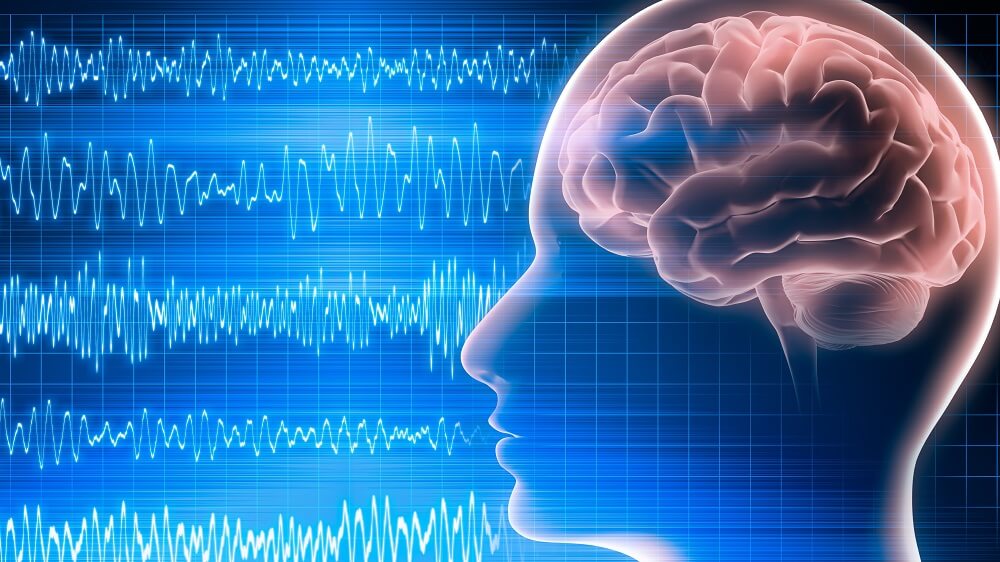Remote Continuous EEG Monitoring Improving Care for Many of Bassett’s Intensive Care Unit Patients
July 1, 2024
Thanks to advances in TeleHealth and a massive coordinated effort, patients in Bassett Medical Center's Intensive Care Unit (ICU) are benefitting from an important new tool during critical care. Continuous electroencephalogram (EEG) monitoring offers caregivers a crucial glimpse into brain activity, enabling caregivers to detect and stop neurologically destructive seizures. In partnership with the University of Rochester Neurology and Epilepsy Center, our ICU caregivers and neurologists are monitoring patients with the technology.

"Remote continuous EEG monitoring is an important addition for rural healthcare delivery," says Dr. Erik Riesenfeld, Senior Attending Physician who has been working in Bassett's Critical Care Department for over 12 years. EEG monitoring allows caregivers like Dr. Riesenfeld to know if they need to treat a patient in critical condition for dangerous but otherwise undetectable seizures. However, for rural hospitals, an EEG meant risking patient transport to a larger hospital with specialized staff to interpret the data.
"We have to make challenging choices," says Dr. Riesenfeld.
"Long transports by ground or in the air in a helicopter while on a ventilator can be dangerous. When is the risk worth it for patients in critical condition? On the other end, during the recovery phase this tool allows us to be more aggressive with lightening sedation with monitoring when there are questions about possible seizure activity. This can lead to shortening the length of stay or days on the ventilator, which is good for patients."
Thanks to many months of hard work from caregivers in Bassett's Information Technology, Legal, and Nursing Departments, the University of Rochester Medical Center is now available to provide continuous EEG monitoring any time it could benefit a Bassett patient.
"Now we can find out what is going on and provide treatment here without incurring transportation risks," says Dr. Riesenfeld. "Patients can stay in our hospital, closer to their homes and families. And now that we can check on a patient's brain health directly, we can often release patients sooner, freeing up needed ICU beds for other patients."
